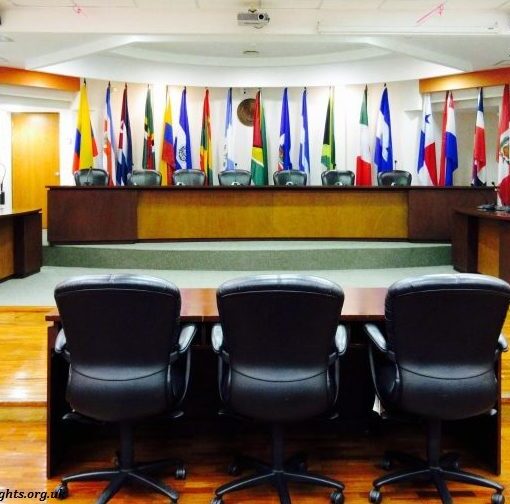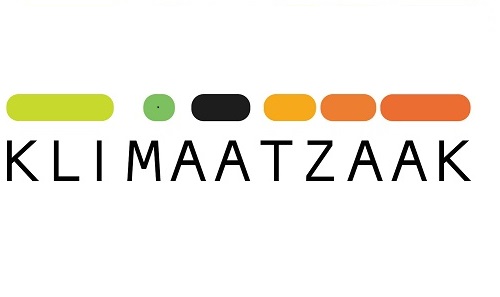By Reeva Dua, Summer Intern
On July 19, 2013 the Superior Court of D.C. affirmed Michael Mann’s right to proceed in his defamation lawsuit against Competitive Enterprise Institute (CEI), the National Review, Inc. and related parties. The Court’s ruling is significant for giving a climate scientist a potential remedy against those who impugn the integrity of his work without a sound basis.
Michael Mann, climatologist and professor of meteorology at Pennsylvania State University (Penn State), is well known for his research on global warming and is one of the co-authors of the well-known “Hockey Stick Graph,” which represents the global mean temperature record of the past 500 to 2000 years. The graph has been used by the International Panel on Climate Change and others.
In 2009, approximately one thousand e-mails “were misappropriated from a server” of the University of East Anglia’s Climate Research Unit (CRU) and posted on the Internet. When taken out of context, parts of the e-mails cast doubt on the truthfulness of the data that Mann had published. Shortly after this incident, numerous different bodies investigated Mann’s research under the accusations (many made by the defendants) of fraud, including CRU, Penn State, the Environmental Protection Agency, and the National Science Foundation. None of these investigations found Mann’s work to be fraudulent and concluded that it was trustworthy.
Since then, the CEI and the NRI have published articles about Mann and the investigations. In 2012, NRI posted an article online that accused Mann of being an “academic fraud” and compared Penn State’s investigation of him to their investigation of Jerry Sandusky, the convicted sexual predator.
On October 22, 2012 Mann filed a suit against CEI and NRI, claiming defamation and also intentional infliction of emotional distress.
The defendants tried to have the D.C. Court dismiss Mann’s case on two grounds: the protection of the D.C. Anti-SLAPP Act, and Rule 12(b)(6) of the Rules of Civil Procedure. The Anti-SLAPP Act (which stands for Strategic Lawsuits Against Public Participation) “protects speech regarding the public interest…” and is intended to prevent lawsuits from being used to discourage comment on matters of public concern. Rule 12(b)(6) grants the court the ability to deny an action when the plaintiff “‘…fails to state a claim upon which relief can be granted.’” The court rejected both of these defenses, using similar reasoning for each.
On the first ground, the Defendants argued that they were “protected by the Anti-SLAPP Act because their commentary was an ‘act in furtherance of the right of advocacy on issues of public interest.’” The CEI Defendants claimed that the Anti-SLAPP Act required Mann to provide proof of “actual malice” (on the part of the defendants) using “clear and convincing evidence,” and that he was incapable of providing such evidence. “Actual malice” is defined as a statement made “with knowledge that it was false” or a reckless disregard of the truth.
The court ruled that the Anti-SLAPP Act was relevant in this case because climate change and environmental issues are topics of public interest. However, the court found that Mann had, in fact, established a basis for asserting “actual malice.” While the court acknowledged that the issue of global warming is highly contentious and often involves harsh dialogue, the court pointed to specific statements by the defendants that, when placed in context, were not simply opinions and went beyond “rhetorical hyperbole.”
In addition, the Defendants’ argument that “their statements are not actionable because they raise questions rather than make factual assertions” was dismissed as the Court noted that some of the accusations relied on interpretations of facts (from the e-mails that were released in 2009). When statements about Mann being a “fraud” and “fraudulent” were placed in context, the statements “must be viewed as more than honest commentary- particularly when investigations have found otherwise,” explained the court. Therefore, the court placed heavy importance on the fact that all prior investigations had cleared Mann’s scientific research as trustworthy. The court even mentioned that because CEI itself was one of the instigators of the investigations of Mann’s work, CEI knew it was a fact that Mann’s research and ultimate conclusions “were sound and not based on misleading information.”
The court scheduled a status hearing for September 27, 2013.




